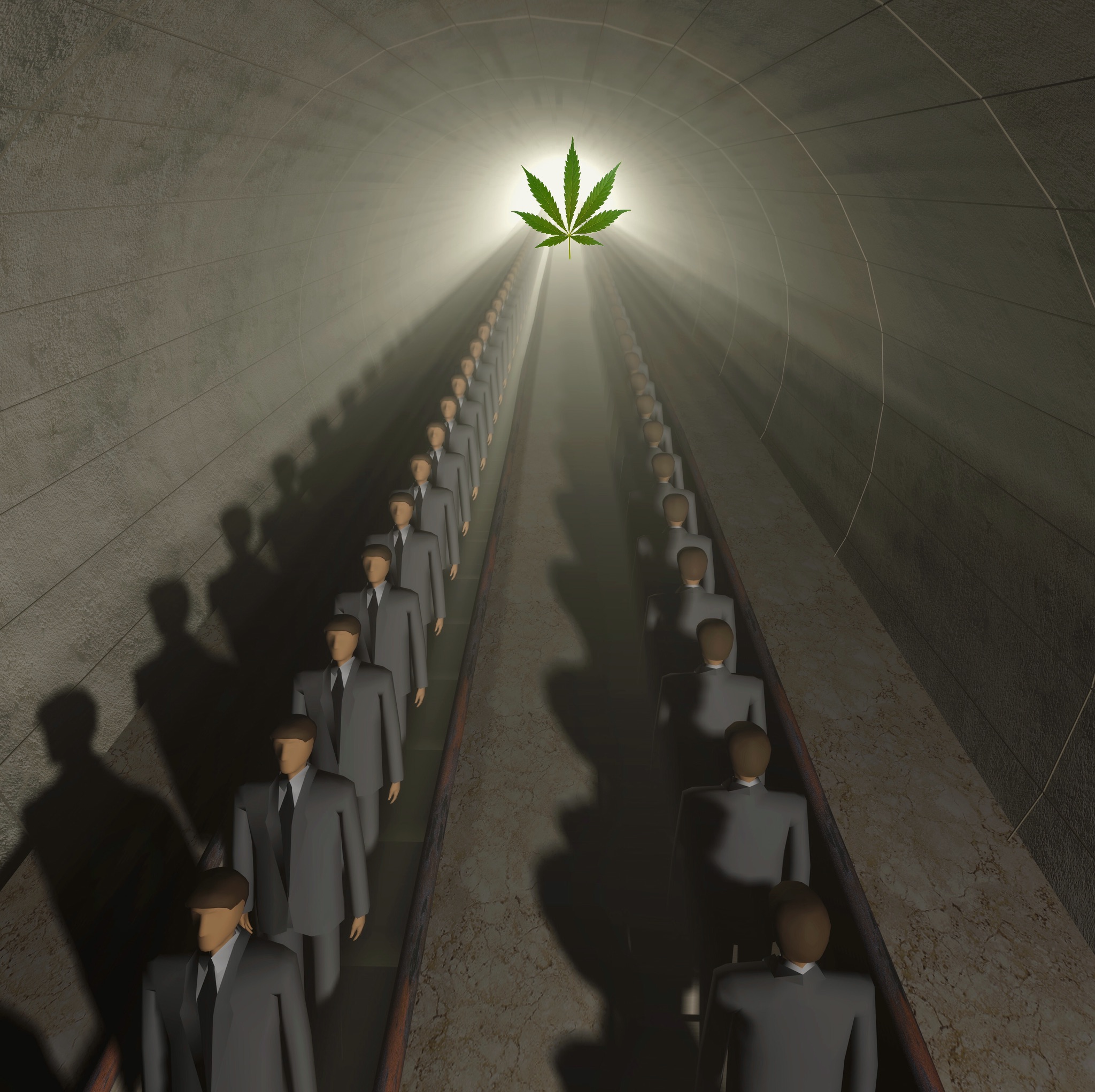 The marijuana lobby and its spokespersons now are actively blaming communities who refuse to support commercial drug use promotion for the black market in marijuana.
The marijuana lobby and its spokespersons now are actively blaming communities who refuse to support commercial drug use promotion for the black market in marijuana.
And unfortunately, the Boston Globe, Gatehouse Media and other media outlets are buying in. The Globe’s July 7th, 2018 editorial “Mass. towns need to stop stalling on marijuana rules” is about the uncertainty created for the marijuana industry because of extended moratoriums. But behind that pretense is the new blame game: saying that communities who choose to refuse to support or promote commercial marijuana/THC are responsible for the marijuana black market.
The notion that all communities should increase marijuana/THC availability and sales because some of them are stuck with it is illogical. It’s like saying that because Flint has lead in its water, all communities in Michigan should have lead in their water for the sake of social justice. Both are known neurotoxins to the developing brain. And both hit vulnerable populations hardest. And we need less of both neurotoxins in all of our communities.
If the shaky numbers coming out of UMass Amherst for the “marijuana baseline study” (with a survey response rate of 20ish % — too low to be valid) are anywhere near true, with marijuana use rates at 19%, that number is worrisome and high. Tobacco use rates have been brought down to 11% in Massachusetts. The marijuana commercialization lobby is clearly driving a message that is encouraging more marijuana/THC use. That’s a public health indicator that is moving in precisely the wrong direction.
Remember, the 2016 law specifically provided communities the right to Opt Out. But they made this process complicated, burdensome, and expensive. Opponents of Q4 warned that this new drug sector would target vulnerable communities, as it has in previous marijuana states where 2/3’s of communities who can organize for public health over drug profits never Opt In to marijuana commercialization.
The 8,500 word 2016 law, written by and for the speculative commercial marijuana/THC product industry, is responsible for the current confusion in communities about how to control this industry and drug use promotion in cities and town. There will be no help from the Feds or the state for this new regulatory enforcement burden to cities and towns. That’s why moratoriums are long. Blaming the victim never works out well.
Municipalities should take as long as needed to strictly regulate or Opt Out on this drug as is their right under the law.
What’s the rush for accommodating increased recreational drug supply and sales in the community environment? The pressure is coming from those that would profit handsomely from heavy problem drug use which now comprises 80% of marijuana consumption in the marijuana states.
The marijuana industry lobby is putting on the full court press now. They have opened an online voter registration drive in Massachusetts to push for more marijuana/THC friendly laws and politicians.
We need to double down now on communications via local news outlets and social media presence.
The Globe may be a dying news organization. Like the Denver Post in 2012ish, which opened a section called “The Cannabist”, they are looking for paid sponsored content, and eye balls — which is the currency for advertising revenue.
Denver Post ended up laying off most of its staff, including its writers for “The Cannabist”.
This drug use resistance movement will need to continue to be driven by community and neighnorhood leaders and ordinary people, an intertwined root system, relentlessly speaking truth to power.
The cannabis/THC stores are no different than the Pill Mills and “pain clinics” which infected the South with complicated opiate addiction. These are marijuana/THC product mills. And they drive addiction.
Please respond and share with your networks. Every voice of reason counts.
We need to work to preserve Citizen’s rights to maintain community norms which discourage drug use and prevent addiction.
Use your voice to discourage drug use at the source and prevent substance use disorders.
We don’t need to shame anyone. We need a voice of reason on addiction prevention, protecting the developing brain, and avoiding addiction-for-profit industrial sectors. We need to find better ways to address problems of social justice and inequities than pushing more drugs into our community environments.